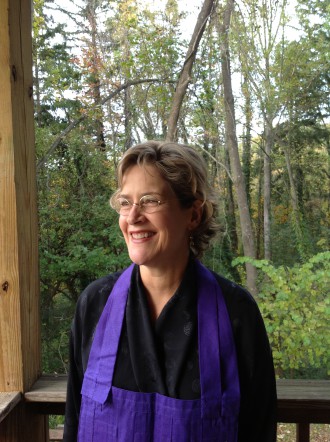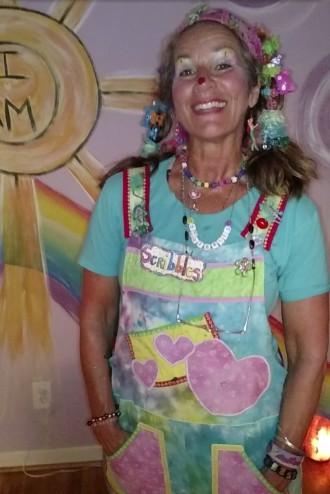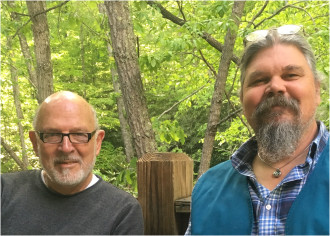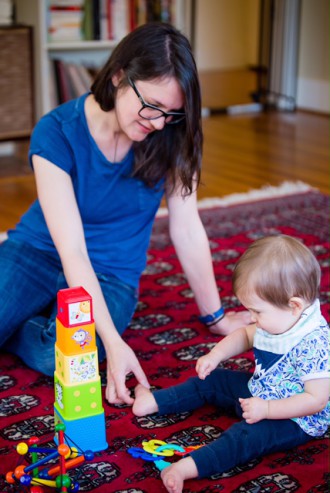A lack of planning for long-term health care has left many Asheville seniors and their families unprepared to meet end-of-life medical needs. But local experts in advance planning say there are many resources available to help with such planning and suggest starting as early as possible.









